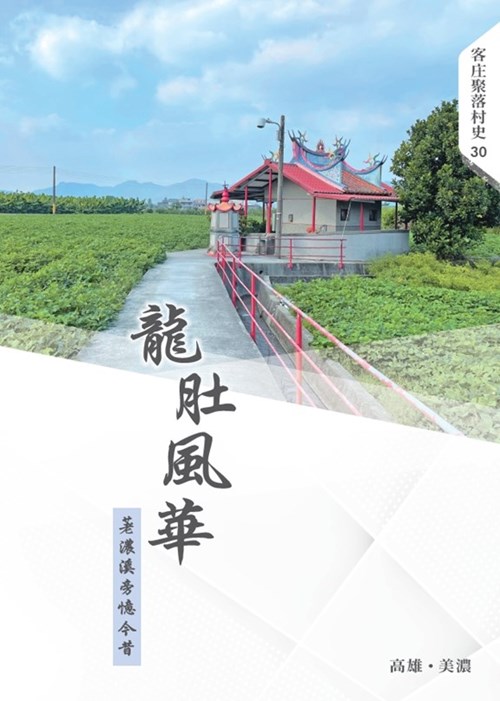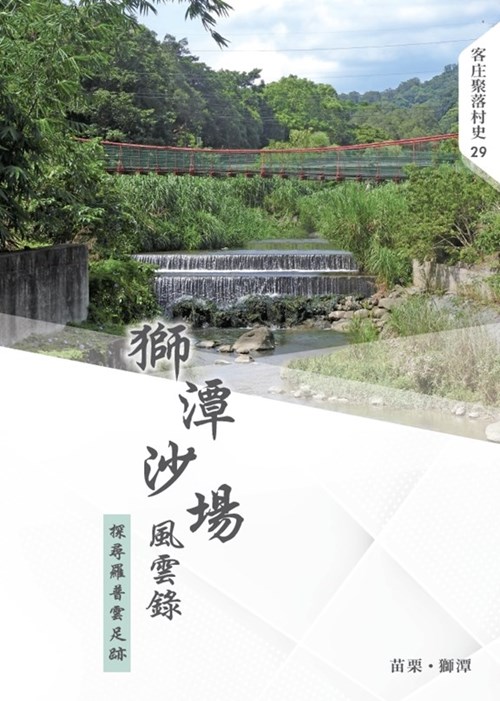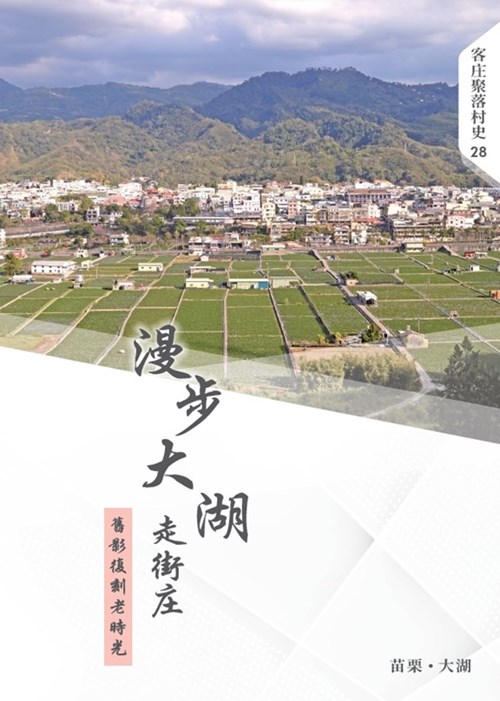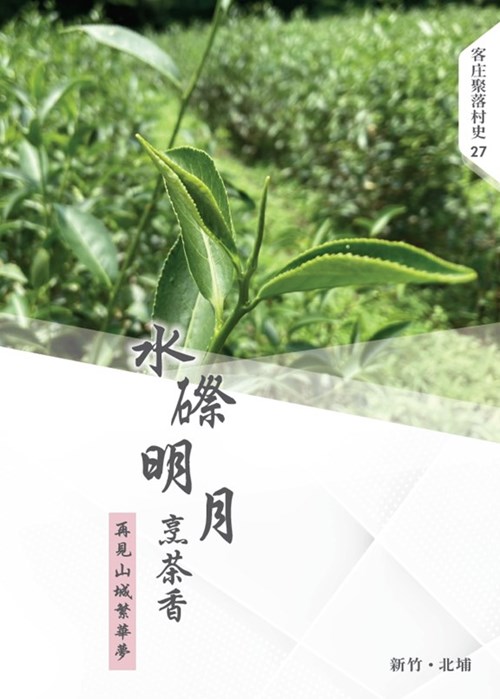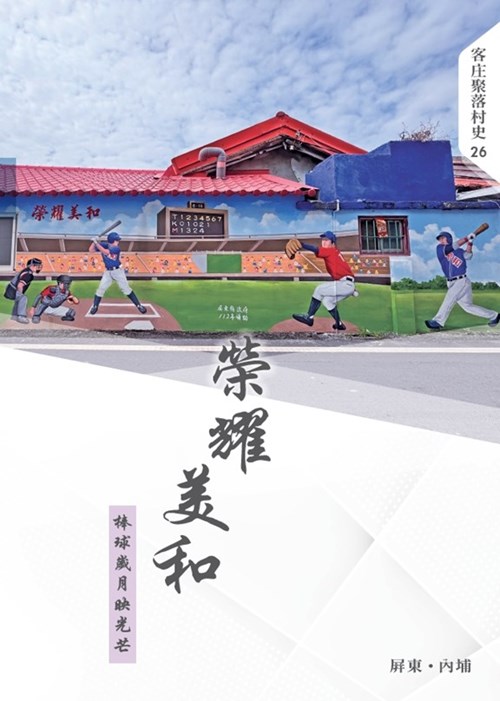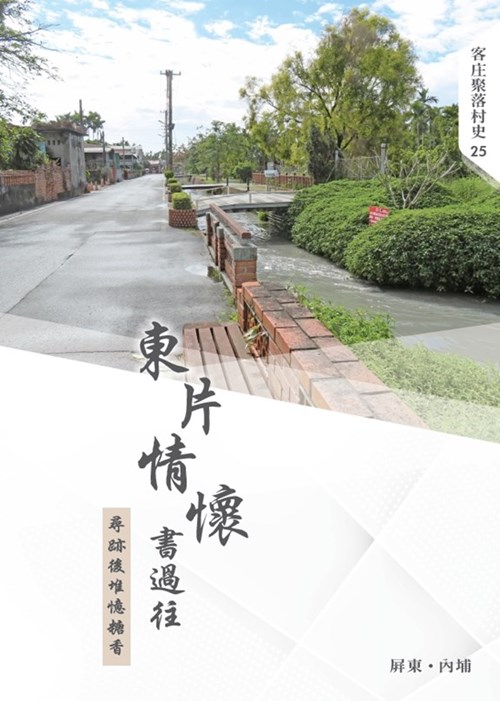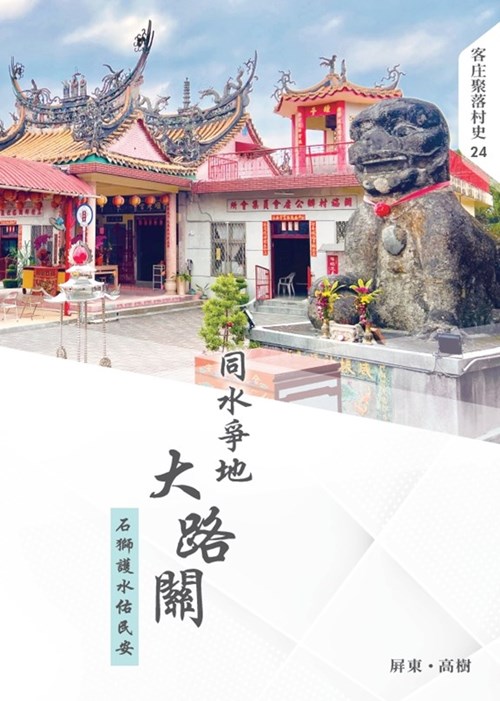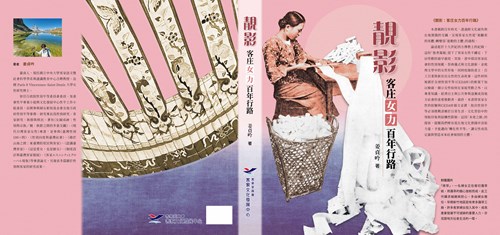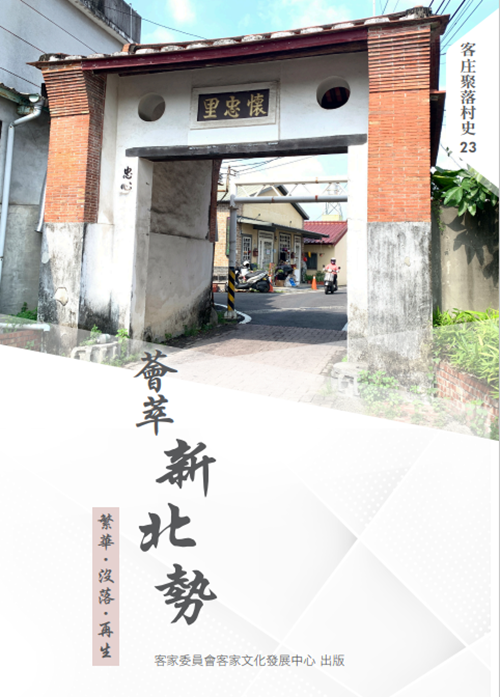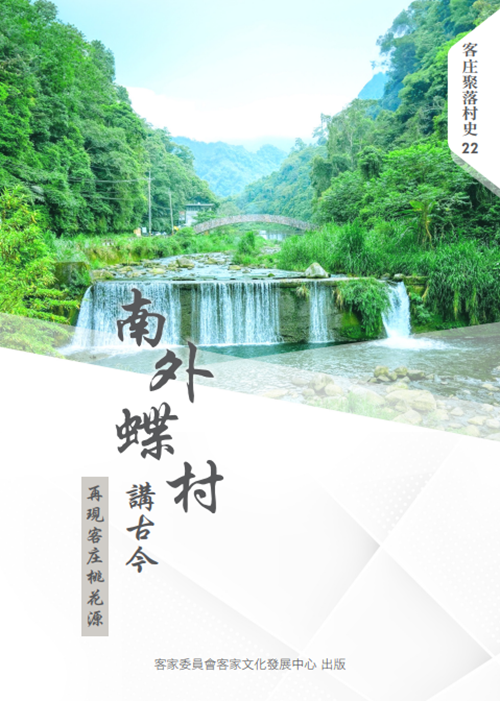
Research & Library
Publications

-
![]()
Hakka Village History Volume 30 – “The Splendor of Longdu Reflections Along the Laonong River”
Publication Date:Located in the southeastern corner of Meinong District, Kaohsiung City, Longdu is a tranquil and secluded Hakka settlement, nestled within the embrace of surrounding mountains like a hidden sanctuary within the dragon’s belly. Blessed with a unique natural environment, Longdu Zhuang has flourished while preserving its rich cultural heritage and historical memory. Comprising three administrative neighborhoods, Longdu’s population is less than one-fifth of the entire Meinong District, yet it retains the purest Hakka-speaking environment, making it a key area for the development of Hakka culture in Taiwan. From the Qing Dynasty to the present, Longdu has weathered the shifts of time and social transformation while steadfastly preserving the roots of its traditional culture. Confronted with youth outmigration and changing industries, the people of Longdu have shown resilience and wisdom, finding a balance between tradition and innovation. They promote Hakka-language education in schools, revitalize historical sites, and develop community cultural initiatives, breathing new life into this ancient village. Open the pages of this book, step into Longdu, and listen to the echoes of Hakka village life bridging past and present. Author: Liu Hsiao-chien
-
![]()
Hakka Village History Volume 29 – “Shitan Battlefield Chronicles: Tracing the Footsteps of Luo Puyun”
Publication Date:In the pioneering history of Shitan Township, Miaoli, the stories of Luo Cheng and Huang Nan-qiu have long lived on in local memory. Beginning in 1850, the Jin Xi-mou Reclamation Company rose from Shaping along the midstream of the Shitan River, leading Han settlers into Shitan and facilitating both migration and settlement throughout the river basin. Luo Cheng’s parents also established themselves in a corner of the basin. In 1875, Liu Ming-chuan vigorously promoted the “Opening the Mountains and Pacifying the Indigenous” policy. At that time, the original camphor forests at the foot of Shitan drew waves of settlers from various reclamation companies. In 1876, Huang Nan-qiu obtained official permission to cultivate Shitan and recruited Luo Cheng, who was intimately familiar with the area, as his partner in the reclamation enterprise. The two not only became sworn brothers but also pledged that once they had secured the land, they would share its spoils equally. United in purpose, they quickly brought Shitan under their control.However, historical records largely preserve only the name of Huang Nan-qiu, while Luo Cheng’s presence gradually faded from memory. This raises intriguing questions: was Luo Cheng a hero in a legend or a real historical figure? Why have his contributions been lost in the currents of history? Through scattered historical documents and local oral accounts, this book seeks to reconstruct the true life of Luo Cheng, piecing together the forgotten history of Shitan’s early reclamation. Author: Chang Hsiu-yun
-
![]()
Hakka Village History Volume 28 – “Strolling Through Dahu: Reviving the Old Town in Memories”
Publication Date:Dahu Township, located in the southern part of Miaoli County, enjoys a mild, rainy climate and is nationally renowned for its strawberries. In ancient times, the area was a basin surrounded by mountains on all sides, with plains blanketed by blooming reeds. When a gentle breeze passed through, the swaying stalks resembled ripples across a lake—hence the name “Dahu” (Great Lake). Originally home to the Atayal indigenous people, the area gradually developed into Dahu Village, Minghu Village, and Jinghu Village as Han settlers arrived in large numbers, eventually forming the Dahu settlement and establishing it as an important political and military center in the mountainous region.The author of this book, Lin Jun-dong, draws upon the life of his grandfather, Dr. Lin Zeng-zhang, who was born and raised in Dahu. Dr. Lin built his career, married, and raised a family here, witnessing the rise and fall of Dahu from the Japanese colonial period through the 1990s. After his passing, he left behind two antique safes containing numerous old photographs and artifacts. Using his grandfather’s legacy as a foundation, the author guides readers through the history of Dahu, exploring its industries, people, and the changes that have shaped the community over time. Authors: Yu Yi-chen, Lin Jun-dong
-
![]()
Hakka Village History Volume 27 – “Moonlight over Shuitu: Brewing Tea and Farewell to the Mountain Town’s Glory”
Publication Date:What hidden wonders lie within the high mountains and deep valleys of Beipu Mountain Town? The story unfolds on the land of Shuitu Village—from an armed settlement during the Qing Dynasty to today’s vibrant and culturally rich local community. This land not only bears witness to the struggles and achievements of the Hakka ancestors but also embodies the collective sweat, tears, and hopes of its people.Through meticulous field research and valuable historical materials, this book offers a comprehensive account of the development of Shuitu and Daqi. From the early conflicts over land reclamation to the establishment of settled communities; from the arduous clearing of wilderness and the daily toil of farming to the flourishing tea industry and today’s cultural preservation in the Beipu area—this land has always endured with resilience. The ancestors, guided by a spirit of relentless effort, have left behind countless moving stories that continue to inspire.Contemporary Shuitu faces new challenges and opportunities. From its early days as an agricultural society to today’s focus on cultural preservation and tourism development, this book provides a detailed record of these transformations and also explores how the community can forge a sustainable path that balances the preservation of tradition with innovative growth. Author: Hsu Yun-wen
-
![]()
Hakka Village History Volume 26 – “Glorious Meiho: Reflections of the Baseball Years”
Publication Date:Meiho Village, nestled within the Pingtung Plain, is a gem embraced by the Donggang and Longjing Rivers. Its fertile land has long supported abundant harvests—from the golden waves of rice in earlier times to later economic crops such as bananas and betel nuts. Meiho Village stands as a witness to the evolving development of Taiwan.Amid a rapidly changing society, Meiho Village has preserved its traditional spirit, celebrating various festivals in accordance with the 24 solar terms of the farmers’ calendar. In doing so, it carries forward the Hakka seasonal traditions of spring, summer, autumn, and winter, shaping the village into a community rich in Hakka cultural heritage today.This fertile land has nurtured numerous outstanding talents, from Professor Tseng Hsing-kuei, a world-renowned composer, and Tseng Ying-lung, a Grand Secretary of the Qing Dynasty, to Dr. Hsu Pang-hsing, known as Taiwan’s first cardiac surgeon, and Coach Tseng Chi-en, a world baseball champion. It has also produced the internationally acclaimed Meiho Little League Baseball team. Each of these achievements reflects Meiho villagers’ deep commitment to education and their relentless pursuit of excellence, bringing enduring pride and brilliance to this land. This book emphasizes personal stories as much as possible, vividly portraying the lives and character of Meiho Village’s local figures. Authors: Tseng Hsi-cheng, Tseng Wei-ching
-
![]()
Hakka Village History Volume 25 – “Memories of the Dongpian Village: Tracing the Sweet Scent of the Past”
Publication Date:Nestled in the inland reaches of the Pingtung Plain, Dongpian Village is a vibrant Hakka settlement steeped in the footsteps of its ancestors. Despite facing natural challenges such as water scarcity, tense intergroup relations, and flood threats dating back to the late Qing Dynasty, the villagers have met each obstacle with resilience, transforming adversity into a source of growth. Although the land here may appear barren, the villagers’ ingenuity has nurtured thriving local industries, forging a distinctive path of development that began with dryland farming. What is even more admirable is the tradition of collective effort: from the early “Holy Mother Ritual” organizations to postwar reconstruction, every achievement reflects the shared wisdom, dedication, and hard work of the community. In terms of religious and cultural life, Dongpian Village displays a uniquely diverse character. The village preserves traditional beliefs such as Tudi Gong (Earth Deity) and Mazu worship, while the Christian faith, passed down through generations of the Li family, adds another rich layer to the community’s cultural tapestry. Together, these traditions compose a compelling story of multicultural coexistence within this Hakka settlement. Author: Yeh Chin-cheng
-
![]()
Hakka Village History Volume 24 《 Contending for Water at Dalu-guan: Stone Lions Protect the Water and Bless the People》
Publication Date:Dalu-guan in Gaoshu Township, Pingtung County, lies on the rolling hills at the foot of the Pingtung Plain and the Dawu Mountain Range. Here, you will discover how the Minnan, Hakka, and indigenous communities have collectively shaped the history of this land. From their tireless efforts to combat flooding to their unique faith in the Stone Lion deities; from the tragic story of Zhong Hao-tung, a witness to the White Terror, to the humanistic care captured in the writings of literary figure Zhong Li-he—each story resonates deeply, reflecting the intertwined struggles, beliefs, and cultural heritage of the people.What is even more admirable is that in the face of modern challenges, the people of Dalu-guan have not been defeated. With a spirit of innovation, they safeguard tradition, breathing new life into distinctive festivals such as “Si-gu Rice-Cake Snatching” and “Little Sisters’ Lunar New Year.” They have also embraced experimental education and developed local specialty industries, forging a sustainable path that is uniquely their own. Opening this book, readers will not only come to understand the past and present of a Hakka village settlement but also witness how Taiwan’s rural communities navigate the delicate balance between preserving tradition and pursuing innovation. It is a story of perseverance, creativity, and hope—written for everyone who cares about the land of Taiwan. Publisher: Ho Chin-liang Publishing Unit: Taiwan Hakka Culture Development Center, Hakka Affairs Council Authors: Huang Chi-jen, Wu Hui-mei GPN: 1011400928 ISBN: 978-626-7242-82-7 First Edition: December 2025 Price: NT$250
-
![]()
Elegant Figures: A Century-long Journey of Hakka Women’s Empowerment
Publication Date:Author: Chiang Chen-yinPublication Date: November 2025 Spanning over a century, Elegant Figures traces the transformation of Hakka women from objects of observation to agents of empowerment, weaving together cross-cultural perspectives with local lived experiences. The narrative begins in the nineteenth century with Western missionaries’ ethnographic accounts—an early “outsider’s gaze” that captured Hakka women’s unbound feet and visible participation in agricultural labor. The book then explores the evolution of gender norms, ritual traditions, and cultural innovations within Hakka society, alongside representations of women in literature. Interwoven throughout are life stories of midwives, craftswomen, professionals, and new immigrant women—showing how Hakka women have shaped their communities through knowledge, economic autonomy, and civic participation. Set within the global framework of the UN Convention on the Elimination of All Forms of Discrimination against Women (CEDAW), this work illuminates how Hakka women’s struggles and achievements articulate a distinctly local response to universal principles of gender equality. Ultimately, Elegant Figures argues that true equality must extend beyond legal or institutional reform—it must challenge the stereotypes and structural constraints embedded in everyday life and cultural tradition. This ongoing journey toward transformative equality reminds us that only by drawing strength from local cultural practice can women redefine the social norms that shape our shared future.
-
![]()
The Essence of Xinbeishi: Prosperity · Decline · Revival
Publication Date:Xinbeishi in Neipu Township is composed of the villages Fengtian and Zhenfeng. Compared with Laobeishi, it is a later-developed settlement. In the past, its location along major transportation routes, the abundance of rice mills, and the invisible influence of gentry families who maintained social order all contributed to Xinbeishi’s prominence among Hakka communities. Its most notable symbol is the Baroque-style Fengtian Old Street, a rare architectural style in southern Hakka regions. Over time, as family-based social structures waned, the Old Street lost its former luster, transitioning from a vibrant and opulent thoroughfare to a collection of modest and historically rich buildings. Yet Xinbeishi did not wither alongside the decline of the Old Street. The traditional brewing industry hiding in the alleys sparked an innovative revival. Through creative marketing, this seemingly fading industry re-entered the market with a modern, artisanal appeal. In this way, the legacy of Xinbeishi shifted from the grandiose Old Street to flourishing brewing businesses, poised to shine anew into the next century. Published by: Ho Chin-LiangPublisher: Hakka Culture Development Center, Hakka Affairs CouncilAuthor: Chung Wen-ChihGPN: 1011400049ISBN: 978-626-7242-71-1First Edition: February 2025Price: NT$250
-
![]()
Telling the Past and Present of Nanwai Butterfly Village: Recreating the Hakka Peach Blossom Land
Publication Date:The terrain of the Nanwai community in Beipu Township is predominantly mountainous, with the Daping, Danankeng, and Xiaonankeng streams flowing through the area. Steep mountains and deep valleys, along with fast-flowing waters, leave only limited land suitable for agriculture. Some say that, this is a neglected outcast on the outskirts Beipu, Hsinchu County since ancient times—unloved and unrecognized. Others, however, describe it as a serene paradise: small bridges spanning gentle streams, butterflies dancing through the air, a place untouched by worldly concerns, where villagers live in harmony and share their meals with the butterflies. So, what kind of village is Nanwai, really? The Nanwai community was originally a mixed settlement of the Saisiyat and other Plains Indigenous peoples during the Qing dynasty. Later, Hakka settlers cultivated the area, and it flourished during the Japanese colonial period. However, by the 1960s, the village experienced rapid decline. Under the guidance of Taiwan’s Ministry of Agriculture—through the Rural Development and Soil and Water Conservation Agency (formerly the Soil and Water Conservation Bureau of the Council of Agriculture)—Nanwai transformed into the thriving community it is today, blending historical and cultural heritage with eco-friendly recreation. This book invites us to explore the rich past and present of the Nanwai community. Published by: Ho Chin-LiangPublisher: Hakka Culture Development Center, Hakka Affairs CouncilAuthor: Yang Bao-LianGPN: 1011400048ISBN: 978-626-7242-69-8First Edition: February 2025Price: NT$250
